“For the most talented, successful designers in the industry, art is the secret ingredient that takes their work to the next level. Art is that little extra. Art is the personality infused into a piece of design or communication. Art is what sets it apart.” – Tobias van Schneider
Minimalism is the end of organizing
The rise of clutter has given birth to a whole industry: organizing.
We now have legions of professional organizers, whole companies that sell organizing products such as closet organizers, magazines and blogs on how to get yourself organized, and of course, the hand-held notebooks we call organizers — and their digital equivalent, mobile devices.
And while I have nothing against professional organizers — they help people to find peace in lives of chaos — I don’t think they’re necessary … if you adopt minimalism.
Organizing is only necessary when you have too many things to easily find what you’re looking for.
Think about it: when we organize a collection of books, it’s because when they’re not organized, we can’t find the books we want. But if we had, say, five books, we wouldn’t need to organize.
The same applies to anything that needs to be organized:
Closets that have a minimal amount of things don’t need to be organized.
Tasks only need a complicated system or productivity apps for organizing if you have a lot to do. Focus on only doing a few important things, and you barely even need a list.
Finances only need organizing if they’re complicated.
Files only need to be organized if you can’t let go of this need to organize them. With search so powerful these days, you can find things with a few keystrokes.
There are lots of other things that need to be organized, if they’re not kept as simple as possible. I’m sure you can think of a few yourself. Consider making them as minimalist as possible, and the organizing will fade away.
Words by Leo Babauta
01 – Journal
Read entries from the archive of the Minimalism Life® community journal
Kindly step away from your phone: Exploring a life of phone-free moments in a world that beseeches technology (by Karen Weissert)
Create space for stillness: Why it’s important to focus on the right things in the right way (by Kelly Foss)
Minimalism and mental illness: How minimalism helped me cure a pre-depression state (by Francisca Duarte Gonçalves)
Share your story
Do you have an interesting story you would like to share on minimalism.com? We want to read about it. You have the opportunity write about your experience of how minimalism has impacted your life and get your words published in our community journal.
02 – Minimal art
From our curated gallery
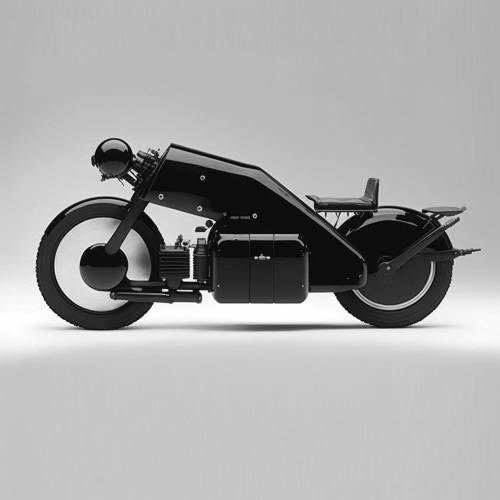
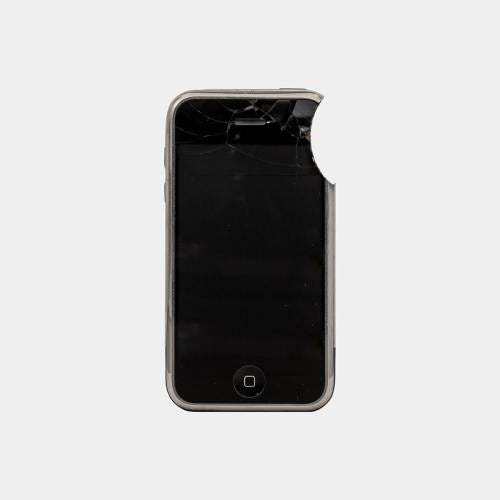
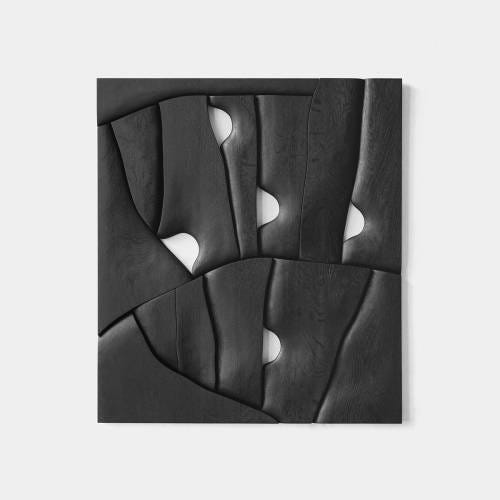
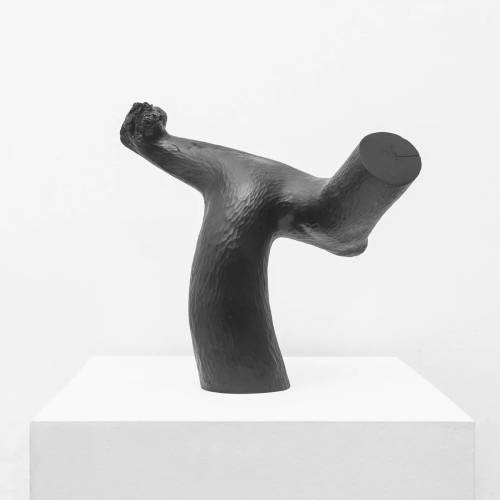
03 – Minimal design
Explore our list of curated design resources
The light phone (tool/hardware)
Dieter Rams on system furniture (video)
In studio with Massimo Vignelli (video)
04 – Minimal lifestyle
Explore our list of curated lifestyle resources for simple living
05 – Shop
Discover our hand-picked minimalist products in the Minimalism Life® shop
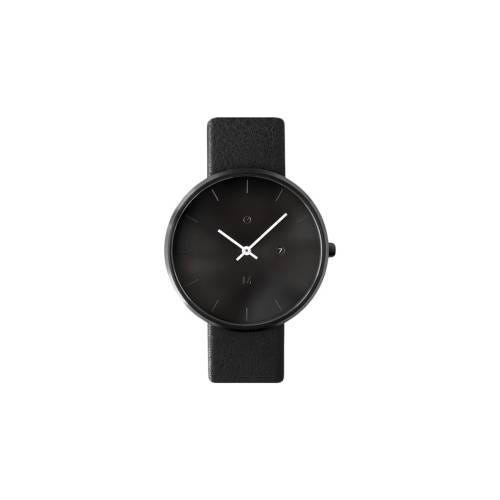
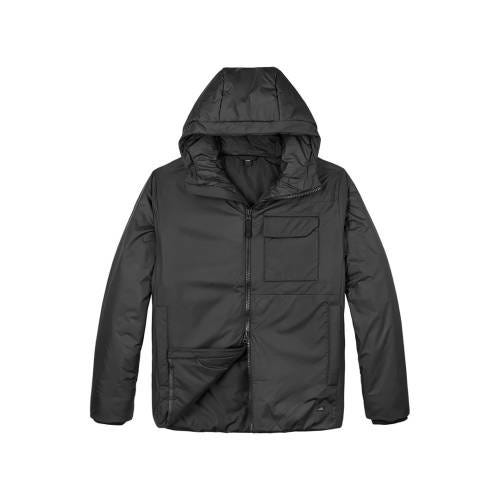
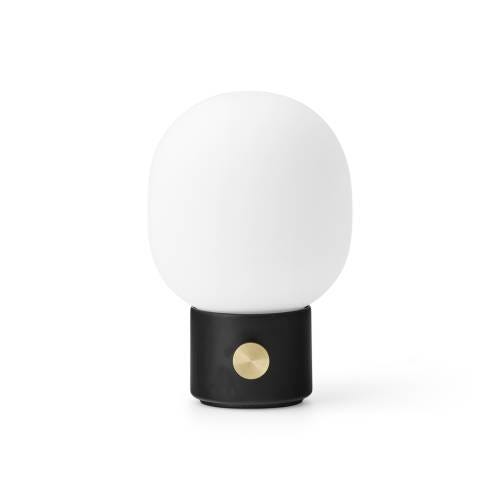
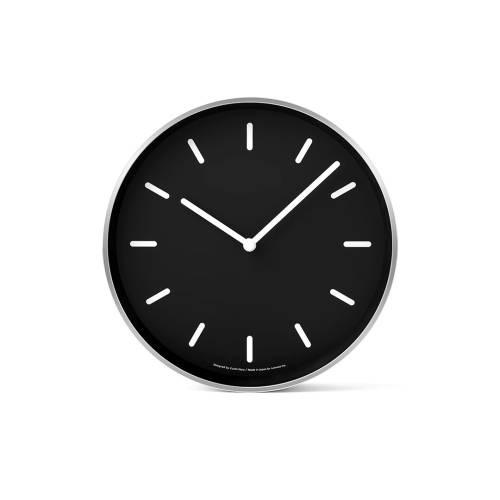
06 – Brands anchored by simplicity and sustainability
Minimalism can be about frugality and owning less, but it can also be about supporting ethical brands with sustainability at their core. Here’s several that you might be interested learning more about:
Cubo: Simple adaptive bags
Pini: Italian clothing for the modern man
Collars&Co: Minimalist polo shirts
JAK: Portuguese leather sneakers
Luca Faloni: Luxury Italian men's clothing
Stiksen: Premium caps from Sweden
ODA: The modular everyday bag and essentials
Selfmade: Handmade eyewear
Steele & Borough: Vegan, lightweight and water repellant bags
Void Watches: Simple Swedish timepieces
Nordic Knots: Rugs inspired by the beauty of the Nordic light
Floyd: Unique and distinctive travel cases
CDLP: Luxury essentials
Dalgado: Timeless accessories made to last
CLAE: Minimalist footwear from LA
Wahts: Minimal monochromatic menswear
Oliver Cabell: Minimalist Italian footwear and accessories
Discover more minimal brands on minimalism.com


